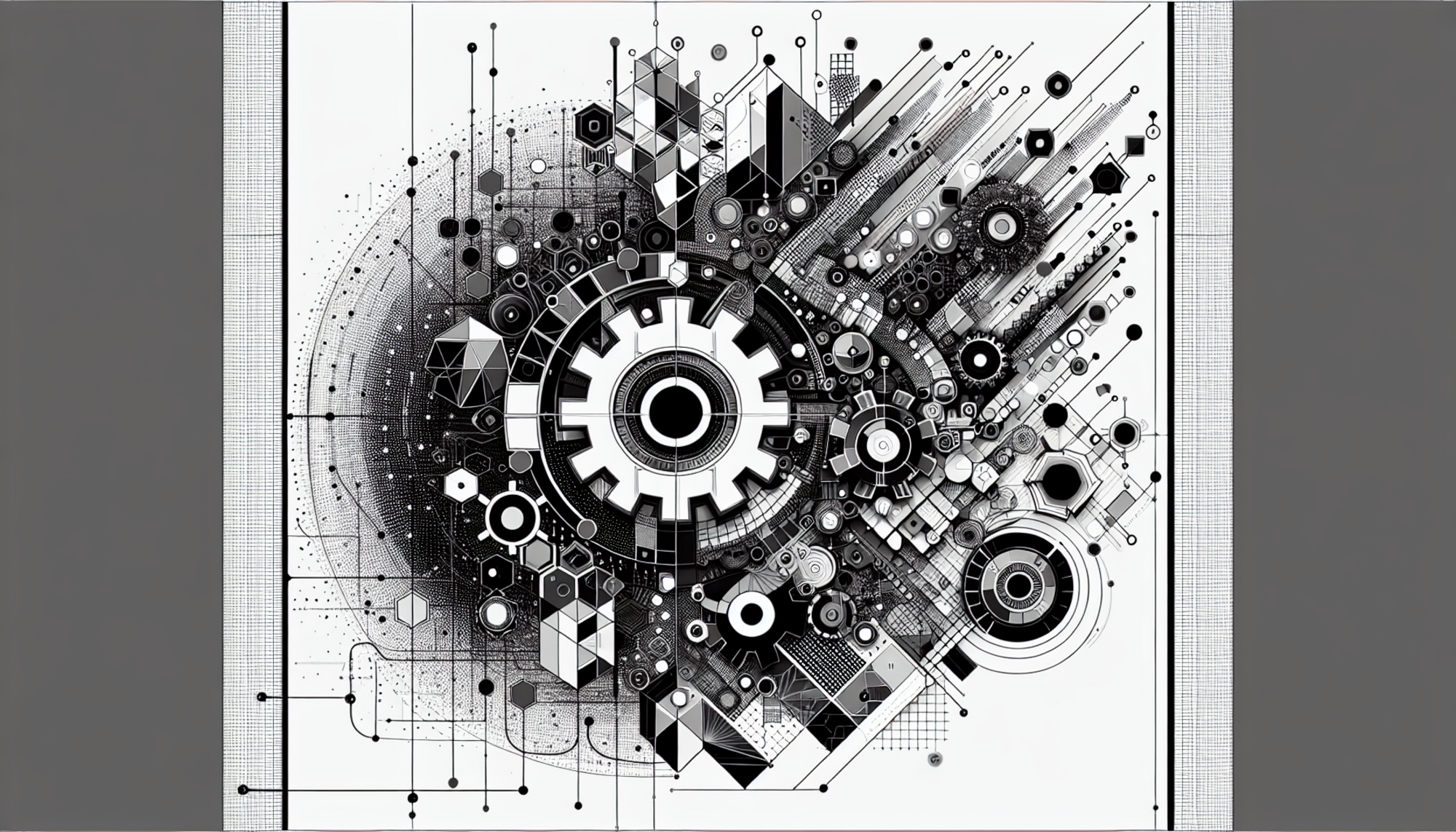Tech Triumphs and Trials: Sierra's Growth and Apple's Anticipation Last Week!

Rising Stars and Legal Struggles in the Tech Arena
The tech landscape is abuzz lately with several key developments concerning startups, product launches, and legal challenges—such as Bret Taylor’s Sierra securing a massive funding boost, Apple's upcoming iPhone event, and Midjourney stirring up quite the legal storm with claims of copyright infringement. As the industry propels forward, these stories highlight not only innovation but also the tangled web of regulation and ethics that often accompanies rapid technological growth.
Sierra's Meteoric Rise
Recently reported by TechCrunch, Bret Taylor's company Sierra has raised an impressive $350 million in a funding round, bringing its valuation to a staggering $10 billion. This injection of capital signals a strong investor confidence in AI-driven solutions aimed at enhancing customer service across enterprises. Taylor, a former Salesforce co-CEO, has a credible background in the field, and with hundreds of clients already relying on Sierra's services, it appears the company is poised for significant impact.
The funding will not only facilitate product enhancements but also expand hiring initiatives. Sierra is embracing the AI expertise of recent graduates through programs mirroring foundational technology initiatives from major players like Google. This strategic move blends innovation with fresh talent and is particularly intriguing in today's tight job market.
Anticipation for Apple’s iPhone 17
In the world of consumer tech, the hype is building around Apple’s iPhone 17 unveiling, set to occur on September 9. Apple's event promises to mesmerize tech enthusiasts with anticipated features including a super-thin model dubbed the iPhone Air. Rumor has it that while the device could rival top competitors visually, it may come with compromises such as a single 48 MP camera and a smaller battery capacity.
The excitement surrounding the event is palpable, with industry insiders predicting it could herald a new wave of redesign in the iPhone lineup. With the arrival of this fresh hardware, Apple's ability to sustain its legendary market presence remains on the line — will this be just another iteration or a genuinely groundbreaking innovation?
Copyright Conundrums for AI Technologies
Meanwhile, the AI realm faces its own artistic existential crisis, as Midjourney finds itself embroiled in a legal showdown with Warner Bros., DC Comics, and others, accusing it of copyright violations. The crux of the lawsuit, as detailed by CNET, is the use of AI to generate images and videos featuring copyrighted characters without permission, showcasing a distinctive challenge in the rapidly developing AI content arena.
This clash highlights the ongoing debate in the tech community regarding the legal frameworks surrounding AI-generated content, raising large questions of authorship and intellectual property rights. As major corporations seek to protect their creative works, smaller AI firms will need to navigate these legal waters carefully, potentially reshaping the entire landscape of digital creativity.
Fighting Fraud and Advancing Identity Verification
On a more positive note, identity verification firm ID.me has captured attention with a newly announced $340 million funding round to enhance its anti-fraud capabilities amidst rising digital identity theft rates. In a report by Silicon Valley Journals, the company indicates that AI-powered fraud tactics are becoming increasingly prevalent, and its solutions are designed to outpace these emerging threats.
The firm’s rapid growth and focus on secure digital identities suggest a bright prospect for its role as a gatekeeper in an increasingly digital-first world. With the stakes as high as they are with things like government funding fraud, ensuring robust identity protection is not just beneficial; it’s vital for the integrity of digital transactions.
Questions of AI Rights and Ethics
In a more philosophical sphere, the discussions around whether AI should be granted legal rights are gaining momentum, as showcased in a piece from Wired. Efforts in model welfare research are surfacing—pioneers are investigating the potential moral implications of AI consciousness. As the discussion expands into whether our creations might someday hold rights, it brings cool-headed inquiry into an otherwise speculative realm.
The implications of such research could ripple across society, highlighting our ethical obligations as creators. While this line of inquiry might seem a fanciful distraction in the light of pressing human rights issues, it provides a much-needed lens to assess how we treat intelligent non-human entities.
Conclusion: Embracing Change Amid Challenges
As we observe these pivotal changes unfolding within the tech industry, one must remain alert to the undercurrents of complication such advancements bring. While innovation like Sierra's rapid ascent or Apple's next flagship device brings excitement, ethical complexities—be they copyright disputes or moral rights for AI—reflect our evolving relationship with technology. The road ahead is fraught with challenges, yet holds an opportunity for meaningful advancement that could enrich our lives in unforeseen ways.
References
- Bret Taylor's Sierra raises $350M at a $10B valuation | TechCrunch
- The Apple iPhone 17 'Awe dropping' event happens next week: Here's what to expect on September 9 | Engadget
- AI Firm Midjourney Faces Copyright Lawsuit by Warner Bros., DC Comics and Cartoon Network - CNET
- ID.me Raises $340 Million to Fight AI Fraud and Grow Digital Identity Services
- Should AI Get Legal Rights? | WIRED
